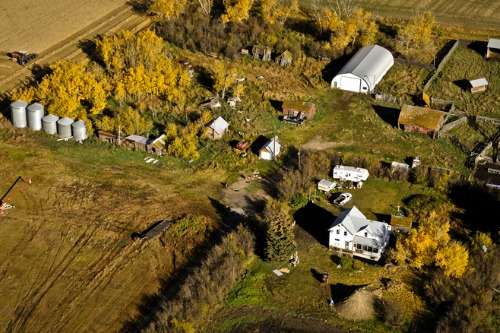It's been flat for several years but will 2020 see a downturn?

There has been little movement in the land market in recent years but 2019 turned out to have some positives. However, challenges could see 2020 being the year that things turn negative.
A report from Farmers National Company, which has sold 3,878 properties and more than $5 billion of real estate during the last ten years, reveals that the first part of 2019 was slow but the market picked up later on.
"Despite the slower land market, Farmers National Company and its agents saw a 25% increase in acres sold in 2019 from the prior year and the most since 2014,” said Randy Dickhut, senior vice president of real estate operations. “Sellers are seeking the best advice and marketing strategy to sell their land and that is why the amount of land listed for sale at Farmers National is very strong at over $300 million."
Apart from the most depressed areas such as dairy, prices held steady or even increased for much of the land market.
"The lower supply of land for sale had much to do with land prices being mostly steady as did having adequate demand for quality cropland. Lower quality farmland had less demand and in many cases was harder to sell. Investor interest in cropland increased somewhat in 2019 with several new entities entering the market and also from an increase in purchasing activity by existing institutional investors," said Dickhut.
The market was also supported by lower interest rates and government support.
This year for land
Despite the better second half of 2019, the report notes some key challenges that could see market activity tumble in 2020.
"There are a number of factors that indicate that the land market will continue to be steady in 2020," said Dickhut. "Interest rates are low and are poised to remain so during the foreseeable future and government support through MFP payments will likely continue if Chinese trade issues are not fully resolved. Overall, agriculture is in adequate financial shape, but there are individual and regional concerns."
If trade disputes continue, there could be an increase in forced land sales for financial reasons but if buyer demand for good cropland remains in line with supply, prices should be supported.



